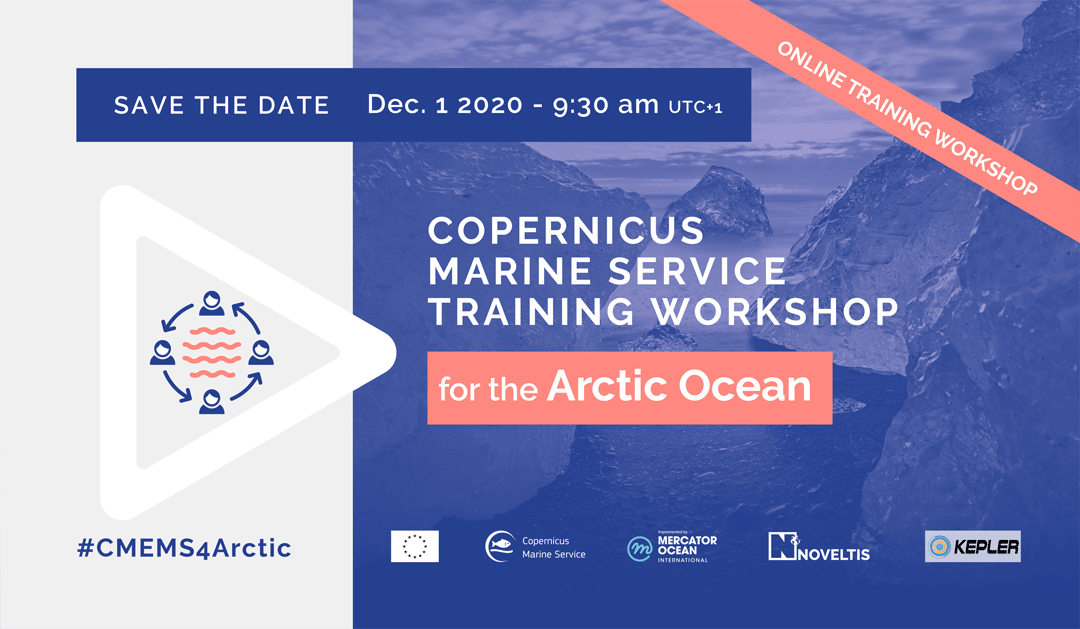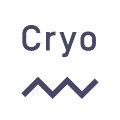As with many aspects of our lives, the KEPLER project has been highly impacted by the COVID-19 pandemic. All events requiring physical presence of the participants have been postponed to a later date with many of them switched to an online teleconference format. However, when it comes to deliverables and recommendations, the pandemic has had less impact. The KEPLER project is being coordinated by Nick Hughes, the leader of the Norwegian Ice Service in MET Norway.
The website has recently been upgraded with a “facelift” and more information on the status from each of the work-packages, including a list of resources and the EU Polar Cluster integration.
Together with the CMEMS and Mercator Ocean International, KEPLER will organize the Copernicus Marine Service Online Training Workshop dedicated to the Arctic Ocean on December 1st 2020 - 0930 UTC +1.
See Agenda.

A key aim of KEPLER is to ensure that there is a clear, concise and achievable road map for the Copernicus programme to develop industry and societal-driven value-added technologies, products, and other services. This will also enhance the European capacity in Earth Observation for the monitoring of the Polar Regions, and its sustainable development, to the benefit of stakeholders. The first Sentinel satellites are in orbit, or due to be launched. It is important that in the next phase, Copernicus 2.0 starting in 2021, this capability is developed further to meet the requirements of the Polar Regions.
KEPLER is running from 1st January 2019 to 31st March and has a budget of €2.9 M, 15 project partners, and is an EU Horizon 2020 Coordination and Support Action (CSA).

